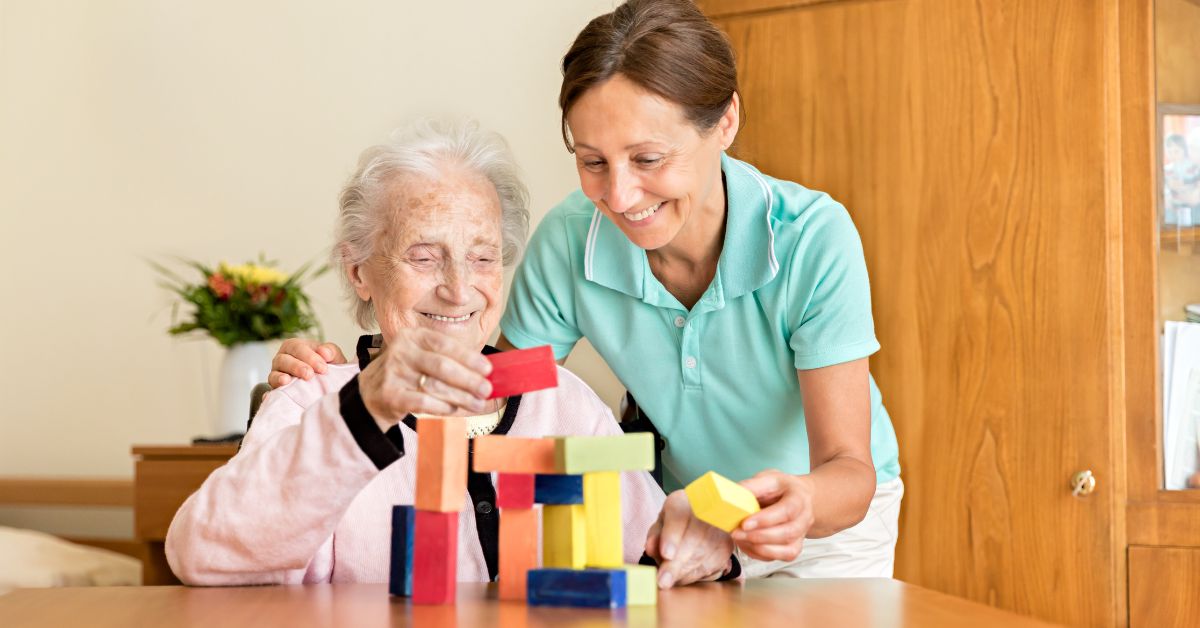There are many National Disability Insurance Scheme (NDIS) therapeutic supports for eligible participants. These supports aim to help you build confidence in performing activities of daily routine. Among therapeutic supports that you can avail is occupational therapy.
Occupational therapy assists people with different disabilities to carry out “occupations”. These occupations help participants to live with independence. Every therapy program is different for each participant to achieve their goals.
There are usually 8 areas of occupational therapy supported by the NDIS. Read on to find out which areas or NDIS occupational therapy services you need help with.
1. Activities of Daily Living or ADLs– This is one of the major areas of occupation therapy. Interventions help individuals achieve independence in performing activities of daily living. These are important self-care activities. Eating, bathing, toileting, and dressing skills are examples.
2. Instrumental Activities of Daily Living or IADLs – IADLs are more complex tasks that need thinking. These activities allow an individual to live and function as a part of the community. Examples are transportation, using the telephone, shopping for groceries, budgeting, and paying bills.
3. Sleep and Rest – A lot of participants do not get adequate sleep and rest. Some are due to psychological issues such as anxiety and depression. Others are due to physical pain caused by injury or disease. Occupational therapy has interventions for those dealing with such sleep and rest problems.
4. Work – Occupational therapists can also teach skills needed for work-related tasks. Time management, memory, communication, and problem solving are some skills taught.
5. Education – Those with intellectual or developmental disabilities can have difficulty learning new concepts. Occupational therapy provides activities that can simplify the learning process. The participants’ pace is always given respect. Interventions such as modifying the physical learning environment to suit the learner’s needs is also a task of the therapist.
6. Play – Play occupational therapy encourages healthy interaction with the environment. Group or individual play develops social skills.
7. Leisure – Therapists educate participants on what leisure opportunities are available in the community. They also identify which the participants seem to enjoy most to allot more time for these.
8. Social Participation – This does not only pertain to developing social functioning skills. The physical ability to engage in social activities is also developed. Example is teaching an individual how to use public transport to get to a destination.

Quality Occupational Therapy Services with Avocadocare
Tired of searching the internet for “occupational therapy services near me”? Avocadocare is the best Melbourne occupational therapy services NDIS provider. We can provide you with the occupational therapeutic support you need!
Aside from therapeutic supports under NDIS, Avocadocare provides core support, capability building support,, support coordination, psychosocial recovery support.
Start your way to an independent life and get in touch with Avocadocare now!
















